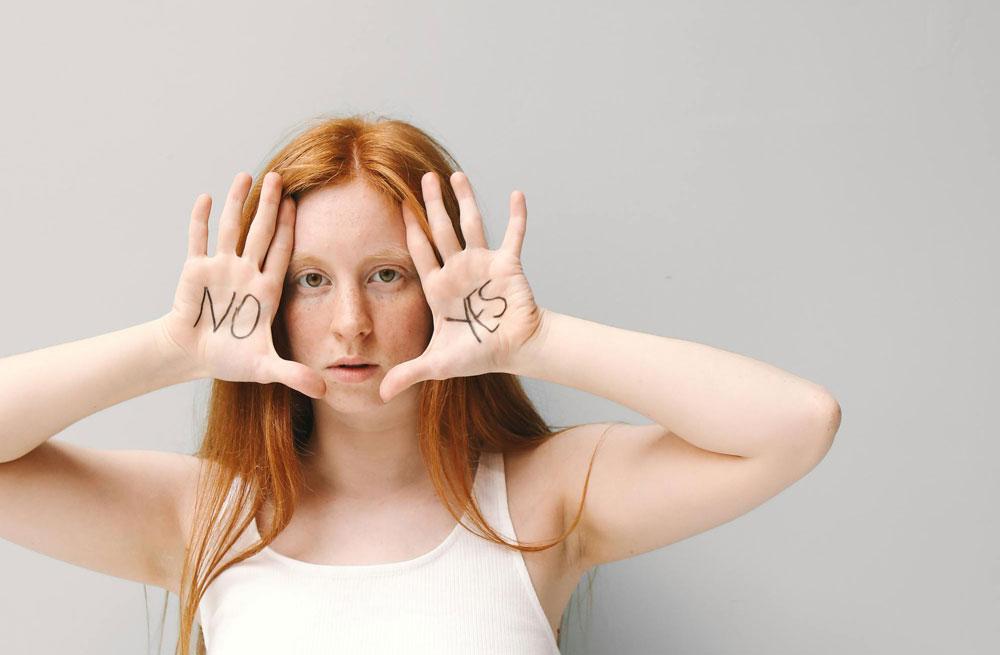Consent Applies to More than Sex

Credit: Pexels — Polina Tankilevitch
Consent Awareness Week — September 16 to 29, 2024 — is a time to reflect on the devastating impact that gender-based and sexualized violence has on its victims.
A Canadian Women’s Foundation study reveals an increase in understanding of consent from 2015. Sadly, the results also show that only 28 per cent of Canadians fully understanding what it means to give consent.
In the context of digital lives and interacting with online platforms and apps, ‘consent’ continues to be a necessary component of downloading apps and visiting many websites — and a mystery to many people who wonder why they suddenly start receiving so many advertisements as soon as they install a new app or click “I Agree” to visit a new website. In both cases, it is an all-or-nothing proposition that leaves individuals with little option but to agree to whatever terms, conditions, and information practices an organization imposes.
Canadian and other privacy laws require that organizations obtain consent before, or at the time of, collecting personal information; and many of those laws stipulate that organizations are prohibited from denying to provide the goods or services simply because a person does not consent to the collection of their personal information.
That hasn’t stopped organizations from posting long, abstruse online ‘privacy policies’ that often provide a laundry list of possible ways the organization will collect or use personal information; but they seldom offer any way to use the app or platform without accepting the terms of service in an all-or-nothing Faustian bargain. Data protection authorities have endorsed that approach to consent and, in the process, validated the power imbalance that exists between individuals and organizations.
Had privacy commissioners or lawmakers been sincere about ensuring privacy rights — that the UN declared in 1948 are fundamental human rights — companies and governments would have had to provide clear language long ago. Instead, the lack of control that individuals have over whether, when, and what personal information is collected by an organization — and how and by whom it is used — enables perpetrators to obtain details about their victims and use that to stalk, torment, and demean their targets.
Universities and other organizations offer resources and toolkits for reporting and guarding against sexualized violence. Those efforts continue to outstrip any pretense of enacting or amending laws to ensure that privacy is not undermined by organizational semantics and gamesmanship that makes online ‘consent’ an illusion that supports sexual violence.